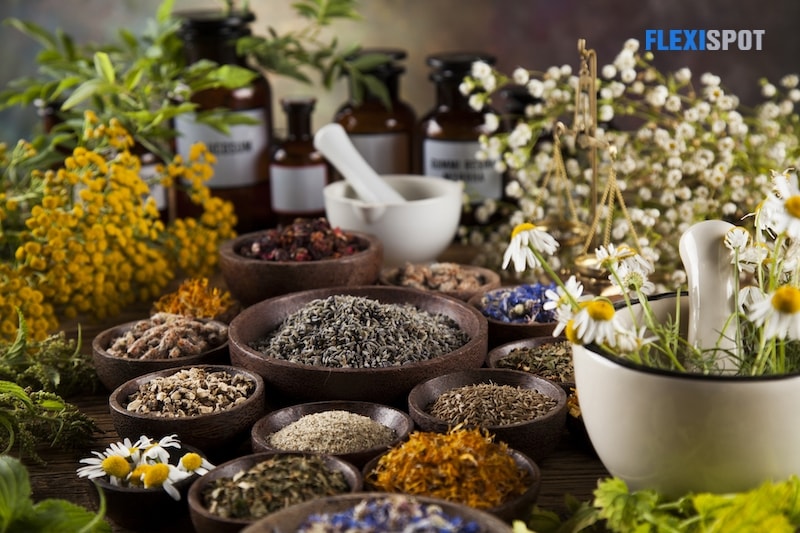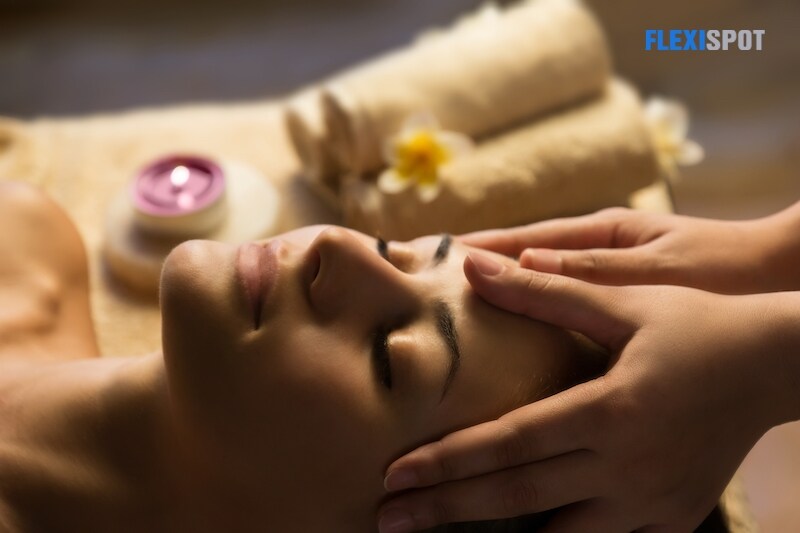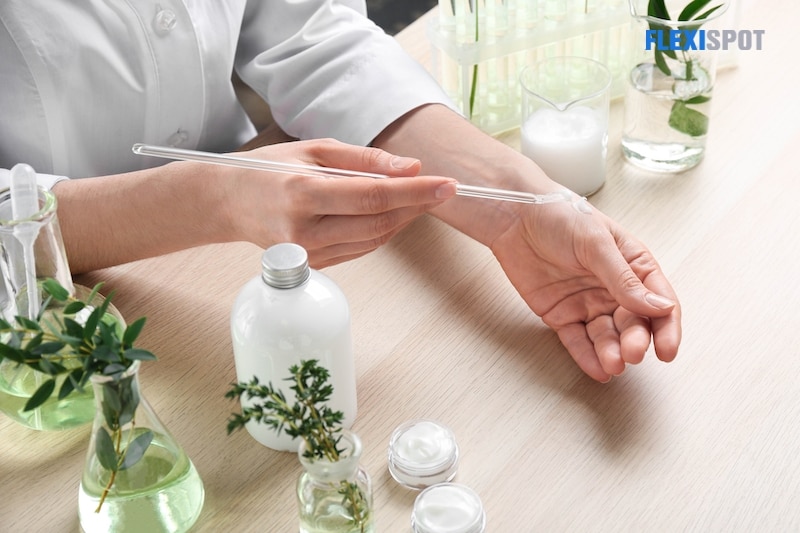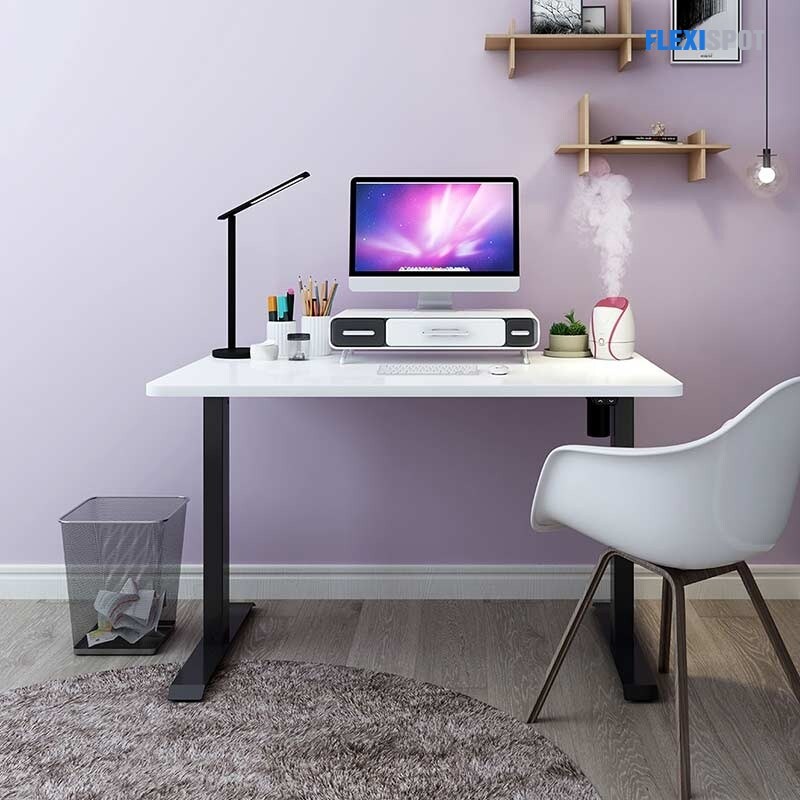Aromatherapy or essential oils have been around since the Mesopotamian and Egyptian eras. The advanced Egyptians used it for ceremonies to purify the air or to sacrifice for the gods. They were also used as cosmetics with Cleopatra even being one of its famous users. Essential oils have also been found in ancient Chinese and Indian cultures.
But before being sold in itself as a standalone essential oil, it has actually been used for food and beverage and the pharmaceutical industries. The global essential market is now expected to steadily rise with consumers using it more for cosmetics, skincare, and aromatherapy.
What is aromatherapy?
French perfumer and chemist René-Maurice Gattefossé is responsible for the term “aromatherapy” when he used it to discuss the treatment of medical conditions using essential oils. He compiled his thoughts in a book published in 1937.
According to the National Association for Holistic Aromatherapy (NAHA), aromatherapy is the therapeutic application or the medicinal use of aromatic substances (essential oils) for holistic healing. The International Standards Organization (ISO) refers to it as a product obtained from vegetable raw material, either by distillation with water or steam, or from the epicarp of citrus fruits by a mechanical process, or by dry distillation.
How does aromatherapy work?
Basically, cells that give a plant its fragrant smell or its “essence” is extracted from the plant to become an essential oil. These essential oils are used in aromatherapy to activate smell receptors in the human nose. These receptors send messages to the brain through the nervous system. From there, it may activate areas in the brain that may stimulate happy or feel-good emotions.
Aromatherapy is used through products that could be absorbed by the nose or the skin. Usually, it is sold as the following: diffusers, bathing salts, body oils or creams, clay masks, facial steamers, or aromatic spritzers.
Why use aromatherapy?
Depending on the essential oil that you use, aromatherapy has a number of benefits. It can alleviate pain and body aches as well as reduce anxiety, stress, and depression. Specific oils are go-to's for specific problems. For instance, peppermint oil helps to heal digestive problems while clove oil relieves toothache and mouth sores. Lavender oil, one of the most famous, improves relaxation and sleep.
Generally, aromatherapy can do the following according to Healthline:
- Soothe sore joints
- Treats headaches and migraines
- Fights bacteria, virus or fungus
- Improve hospice and palliative care
- Boost immunity
- Soothe sore joints
- Alleviate side effects of chemotherapy
- Induces labor in childbirth
What essential oils to buy?
It really depends on the person’s wants and needs. We list down some of the most famous essential oils in the market:
- Chamomile essential oil may be used to treat eczema, a skin condition that results in dry, scaly skin.
- Citronella essential oil serves as an insect repellant.
- Eucalyptus essential oil is used when someone has a cold or flu.
- Jasmine essential oil may act as an aphrodisiac.
- The lavender essential oil has many uses including the following: antiseptic for minor cuts and burns, relaxation and sleep enhancer, and relief for headache and migraines.
- Rosemary essential oil is for those who want to boost memory, prevent muscle spasms, and promote hair growth.
- Tea tree essential oil is used to treat acne and burns and is usually found in shampoo, skincare, and mouth rinse products.
What are the risks of using aromatherapy?
Essential oils are chemicals, some hazardous, so if you are using them for healing purposes, it’s important to consult a professional first. You may opt to go to an aromatherapist, nurse, doctor, physical therapist, massage therapist, or pharmacist. Using essential oils comes with a risk for certain people that may even lead to adverse effects when combined with medicine.
Note that the U.S. Food and Drug Administration does not monitor aromatherapy products because it does not have any therapeutic claims. A professional in aromatherapy will be able to tell you what product will benefit you, how to use it, and how much of it is safe to apply.
Essential oils may lead to allergic reactions so do not forget to use a skin patch test to check if you’re allergic to a certain oil. These are the oils that are said to be the most allergy-inducing: oregano oil, cinnamon bark oil, jasmine oil, lemongrass oil, ylang-ylang oil, chamomile oil, bergamot oil.
The rule of thumb is to see a doctor when you get an allergic reaction such as a red, itchy rash or hives after applying an essential oil.
Things to consider when buying an essential oil
To make the most out of your essential oil and to avoid the risks stated above, you must purchase oils with a discerning attitude. Carefully consider the following:
- Check allergic reactions to the main chemical used in the essential oil.
- Hunt for products that are 100 percent pure and organic. These are essentials that are absent of fillers, pesticides, and synthetic chemicals.
- Take note of shelf life and where to store certain essential oils.
- Get guidance from a professional in comparing and contrasting the smell of various essential oils.
- Quality essential oils are usually stored in a tightly sealed dark glass bottle. They often come with an orifice reducer. Do not buy one in a plastic bottle.
- If the label doesn’t mention the country where it is from, search online the “lot#” names printed in the label to verify its source.
- If oil is branded as “fragrance oil,” it is not an essential oil.
- If it doesn’t list any Latin name besides the common name, it’s most probably fake.
- Compare prices in the market. Very low prices are suspicious while those with high prices may also be overpriced.
Where to put at home
Aside from its health benefits, aromatherapy products have been used as room decor. It may fill the room with the aroma of your essential oil through a diffuser. A diffuser can be a good desk decor, placing it alongside flowers, plants, or books. The Vici Duplex Standing desk from Flexispot, having two tiers, looks great with a diffuser on the top. The same goes for an Esben Standing Desk UD5. You may also opt to put it on top of irregularly shaped desks such as Flexispot’s Seiffen laminated Spliced L-shaped Standing Desk or the L-Shaped Standing Desk E4L.
For essential oils used in skincare, consider installing floating shelves inside the bathroom to carry aromatherapy products you usually used or even at your bedroom’s vanity station. Flexispot carries spacious floating shelves in mahogany and maple wood that come in threes when purchased.




